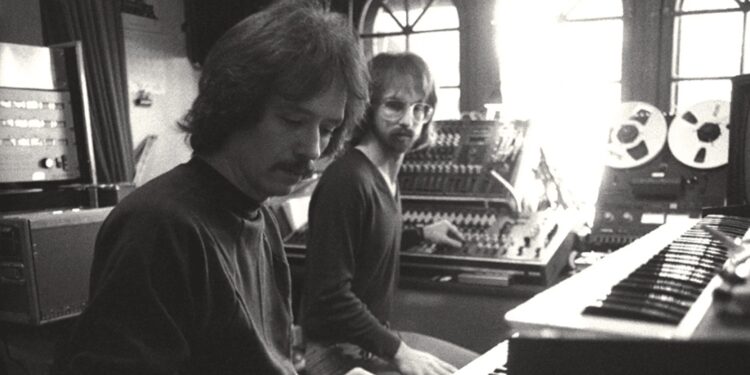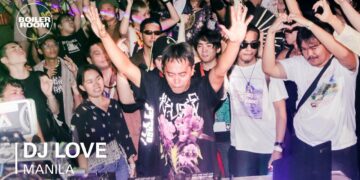Following the development of electronic music in the US, Germany built up a thriving club scene from the late ’80s onwards. What laid the foundation for the country’s leading position in club culture — and specifically, with regard to trance music?
Clubs have long functioned as places to escape the daily struggles of life, to be surrounded by strangers who are attracted by similar desires. It’s about giving over to the sound, to get locked in motion and movement that may bring one into a trance state of mind in which time and space do not exist.
The city of Detroit set a prime example. The so-called car manufacturing capital of the United States, with a large working-class population, created a musical scene of its own, fuelled mostly by African-American artists. The need to do so was strengthened by desperation, poverty and the need to express and move away from the daily hardships of city life. Around the mid-’80s, Detroit techno arrived in Germany and proved an influential addition to the local music scenes.
At that time, a similar mood of despair was traceable in Germany, a country split in half since the end of World War II. Being part of the Soviet Union at that point, the eastern part of Germany was subject to strict, communist-like measures. The “allied” western part of Germany was somewhat better off; citizens enjoyed slightly more freedom and had easier access to the luxuries of the Western world.
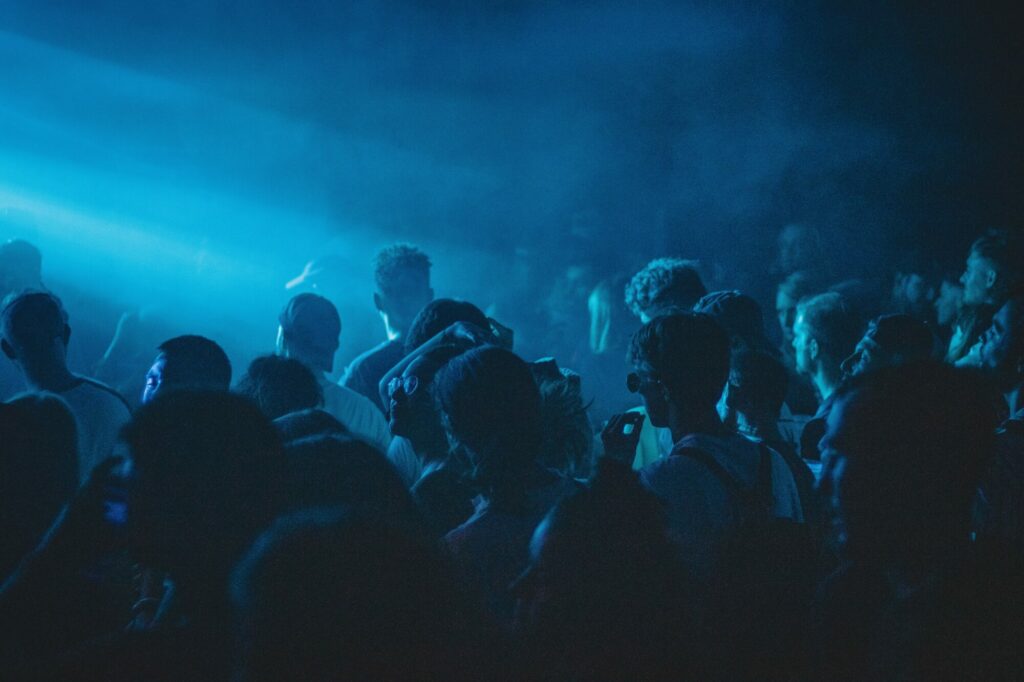
A Brief History of Berlin
Located deep in East Germany, the city of Berlin was divided into an eastern and western part since the end of World War II. Strict ruling ever since captivated the city in a paralysed state. The fall of the Berlin Wall in East Germany in 1989 made way for cultural tectonic shifts. The capital move from controlled austerity to a sense of overwhelming hedonism that still persists today, and of which electronic music was a catalyst as much as a byproduct.
Many abandoned and ownerless buildings were taken over by young crowds to organise illegal events. This led to the rise of new kind of clubs — unregulated, temporary venues with no given legal restrictions. Power plants, bunkers, hangers and subterranean stations became temporary venues. The relief and freedom brought on by the reunification was celebrated with nonstop parties and flourished through the strong, underground gay and art scenes.
The open spirit of Berlin and its inhabitants became apparent through its vibrant musical upsurge. It was marked by the rise of key clubs such as E-Werk (hosted in an electric substation since 1993), Tresor (formed in the vaults of a former department store in 1991 as a substitute to the Ufo Club that closed in 1990) and Turbine. Especially pushing house and techno music, they all quickly becoming praised bastions for free-minded raving.
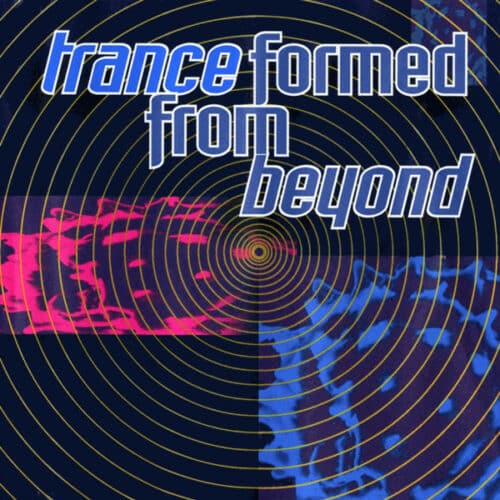
It didn’t take long until the first labels managed to carve out a niche by associating themselves with the leading artists of that era. A notable example is Masterminded For Success (MFS), founded by British entrepreneur Mark Reeder — who helped popularize the term trance with Tranceformed From Beyond, a compilation that saw the light in 1992. The label also brought the likes of Cosmic Baby, Kid Paul and Paul van Dyk to the fore.
During the same period, the city’s movement became apparent on a more global level through the Love Parade, a large-scale street march celebrating diversity born in July 1989. Initially a political demonstration for peace and international understanding through love and music, its first gathering took 150 people to the streets in Berlin. The Love Parade turned into an annual event and in subsequent years grew to over one million visitors per edition, until its dramatic ending in Duisburg in 2010.
A Brief History of Frankfurt
Right at the intersection of the Belgian and East-German movements, Frankfurt developed as a hotbed for early trance and techno music. Frankfurt represented the antithesis of Berlin’s turbulent history. Located in the mountainous southern part of the country, the city developed itself into the region’s financial centre across the latter half of the 20th century.
Regardless of its business-like allure, Frankfurt also became a hub for musical innovation. Music venues such as Dorian Gray (located inside Frankfurt Airport since 1978), Omen (opened in 1988), and Technoclub (founded in 1984) turned into Europe’s most influential nightclubs of their time.
A crucial name in this light is Sven Väth. Being involved with club life since the early ’80s, Väth became heavily influenced by the sounds he experienced during his extended trips to Goa at the time. Back in his hometown, he became a resident DJ at Dorian Gray, co-founded Omen, and launched the elemental Eye Q imprint together with Heinz Roth and Matthias Hoffman in 1991. He founded the label Harthouse the year after.
The sound of Frankfurt further came to define itself through the output of labels such as FAX +49–69/450464, Suck Me Plasma, and Superstition. These platforms further enforced the cities’ creative atmosphere by providing a platform for local acts such as Jens, Kai Tracid, Oliver Lieb, Pete Namlook, and Talla2XLC.
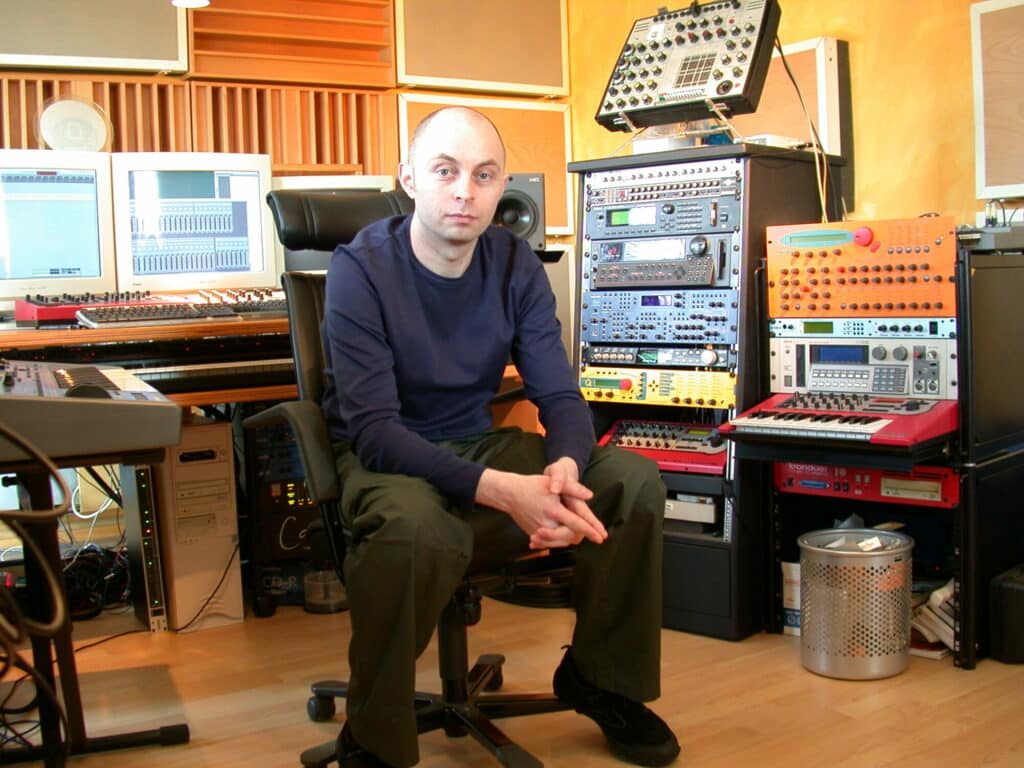
Global Impact
The international success — and, thereby, influence — of German artists, labels and venues over the course of decades has been immense. Throughout the ’70s, German acts like Kraftwerk and Tangerine Dream took their first steps in the world of electronic music. During the ’80s, the Detroit-Berlin techno connection was forged and changed the face of the city, while Frankfurt simultaneously turned into a haven for clubbers.
Ever since, the country further contributed to a global transition of electronic music from underground art to an international phenomenon. Artists from around the globe choose Berlin as their new home due to its tolerant atmosphere and ample opportunities. In addition, the city’s 24-hour nightlife policy is unbeatable. Long-running venues such as Berghain, KitKatClub and Tresor still push musical and social boundaries.
Although the early trance sounds coming from Berlin and Frankfurt receive nowhere near the same popular acclaim these days, their positive, emotive and euphoric features are still traced in other forms of contemporary music — ranging from ambient to EDM, and from pop to techno. The legacy of trance is nowadays transcribed through feelings and evoked in different contexts.



